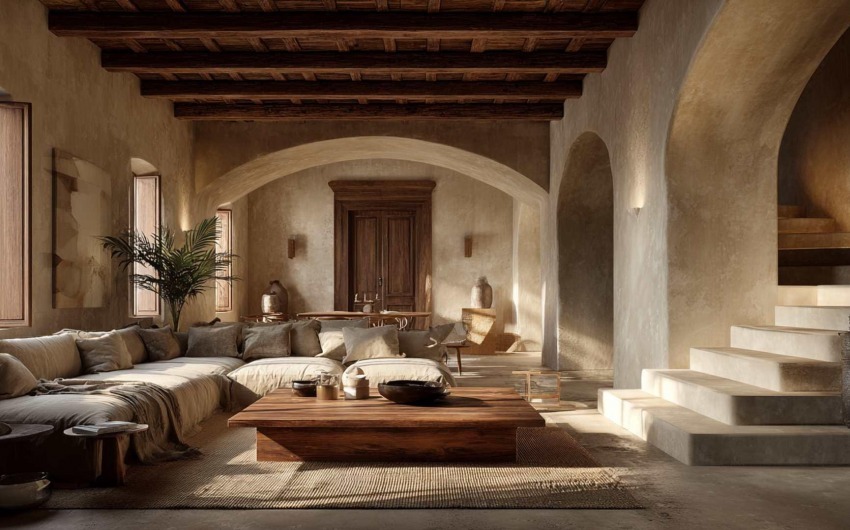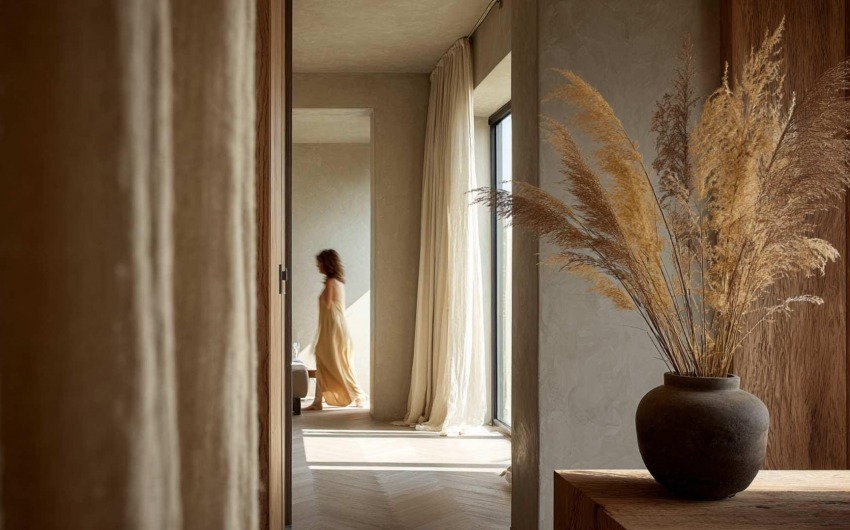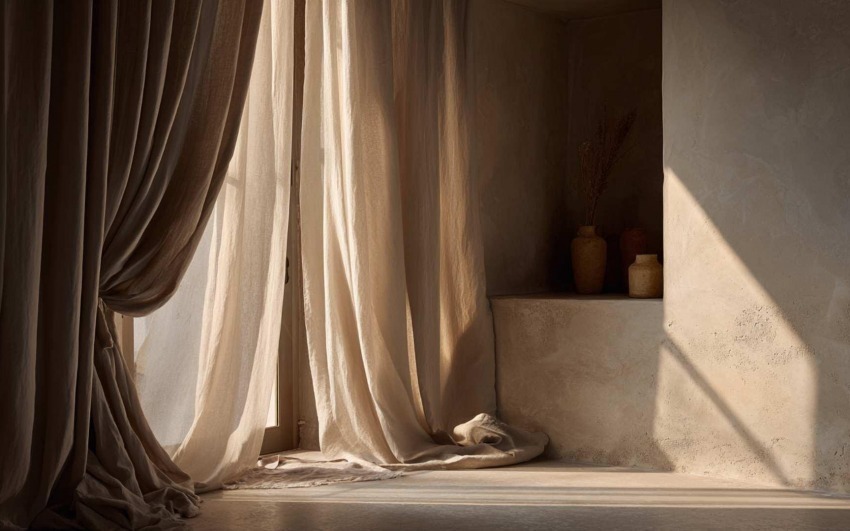10/11/2024
Tactile Furniture
Elderly individuals may experience a decrease in tactile sensitivity, making tactile furniture essential. Soft surfaces, pleasant-to-the-touch fabrics, and natural materials like wood or linen can help create a warm and reassuring environment. Ergonomic seating with cushioned, breathable fabrics is ideal for providing long-term comfort.
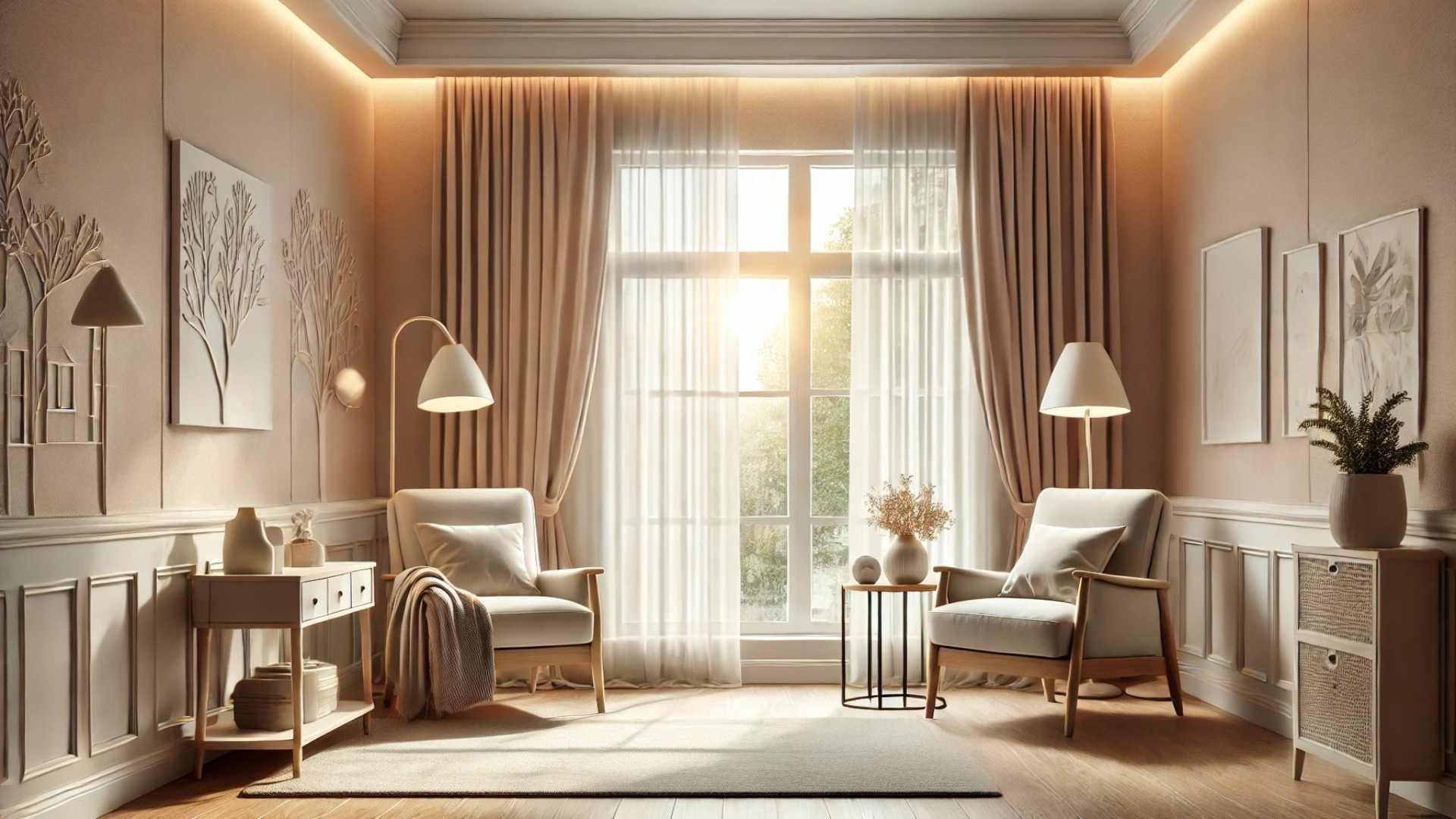
Adaptable Lighting
Vision tends to weaken with age, making lighting a critical factor. Adjustable lamps, soft lighting, and dimmable LED lights allow light to be adapted to specific needs, reducing eye strain and preventing accidents. Natural lighting is also important, with curtains that filter light to create bright but non-glare environments.
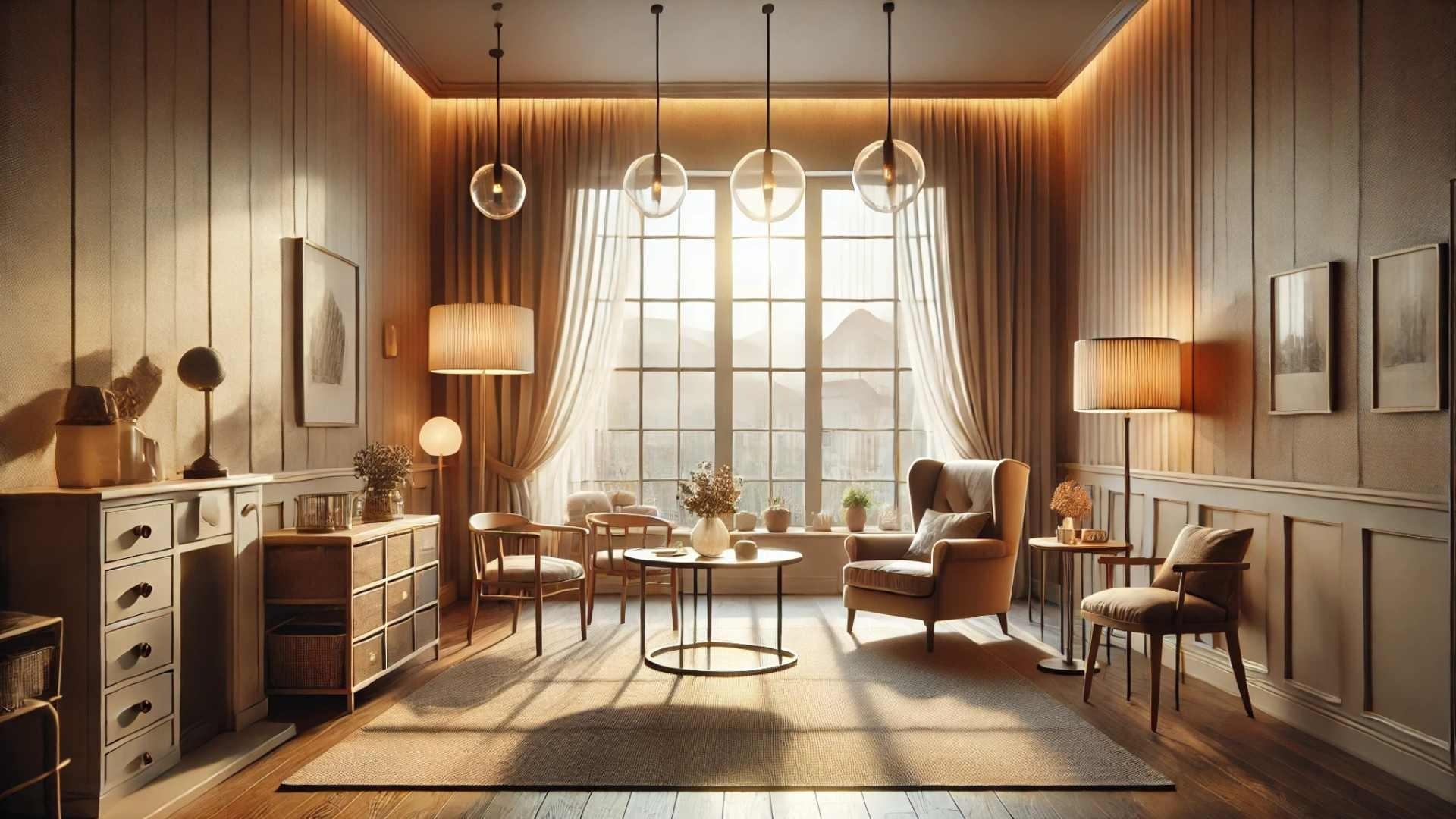
Ergonomic Decor
Every piece of furniture should be designed with ergonomics in mind to facilitate accessibility and ease of use for the elderly. Larger handles, height-adjustable furniture, and slip-resistant surfaces are some examples of ergonomic decor that can make a significant difference. Beds and sofas should also be selected with ease of use and lumbar support in mind.
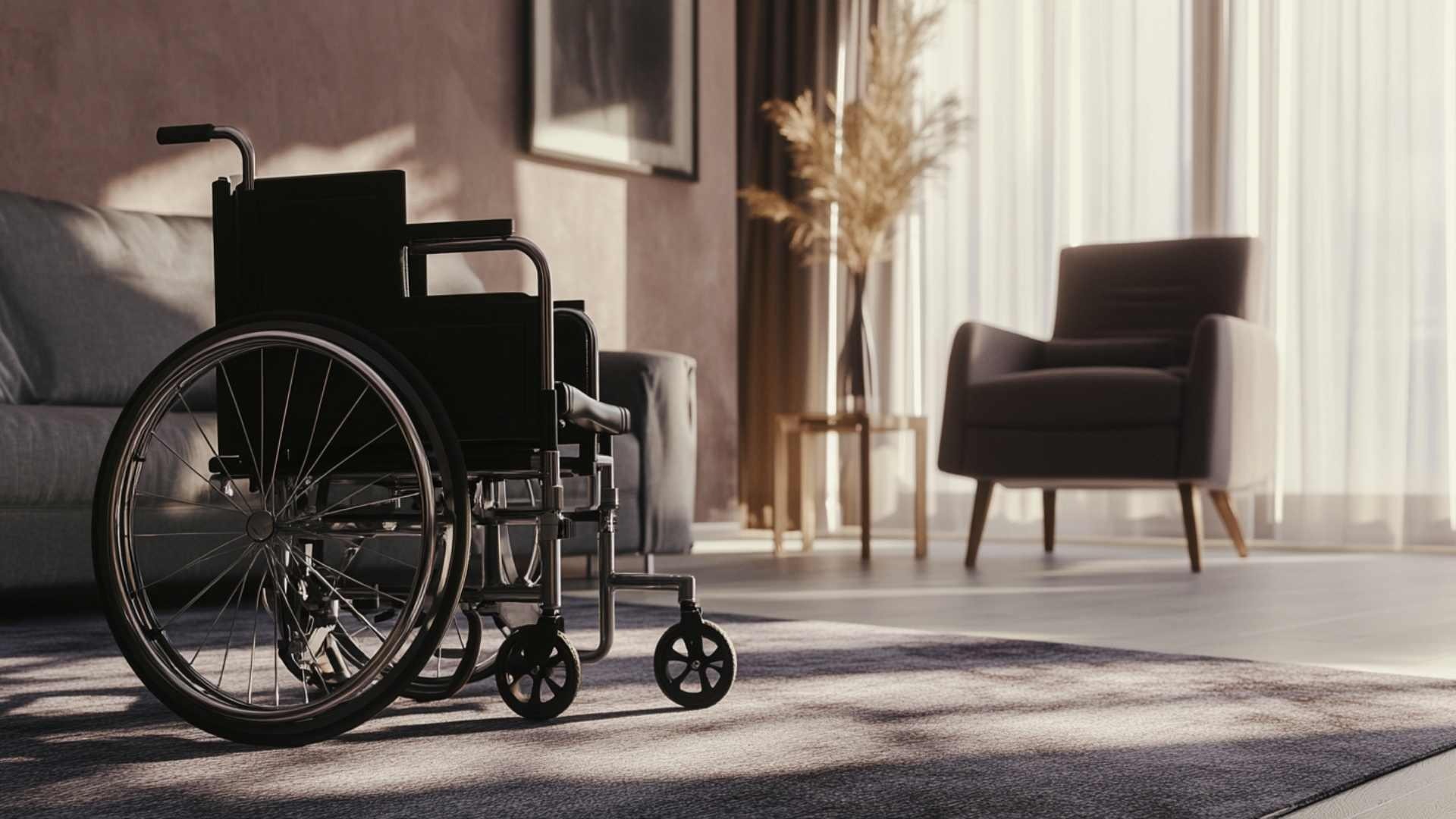
Safety and Functionality
Sensory furniture is not just about aesthetics; it must also guarantee safety and practicality. Non-slip rugs, well-lit pathways, and furniture with rounded edges can prevent falls and accidents, creating a safe and functional environment.
Adopting a sensory approach to furniture design for the elderly means creating welcoming, functional, and safe spaces that enhance daily life and help maintain their independence.
_14077b47db_23.jpg)
Interior Designer since 1985
CEO & Founder, Italian Design in the World
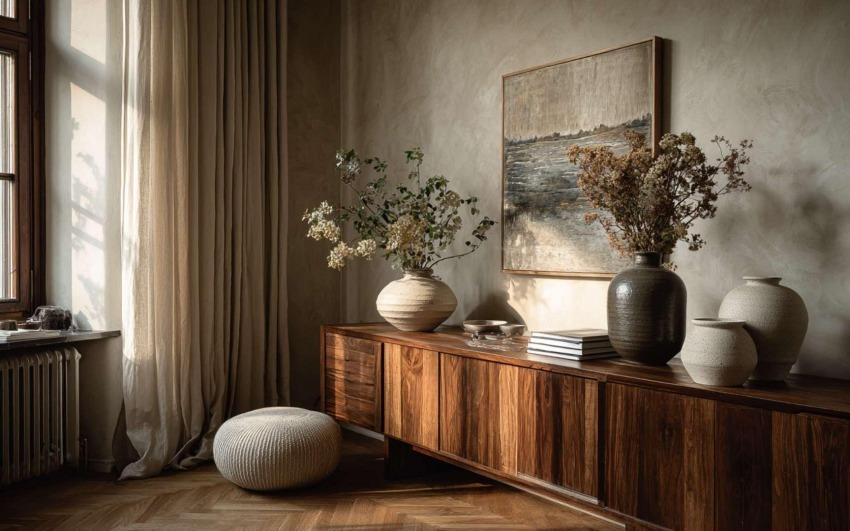
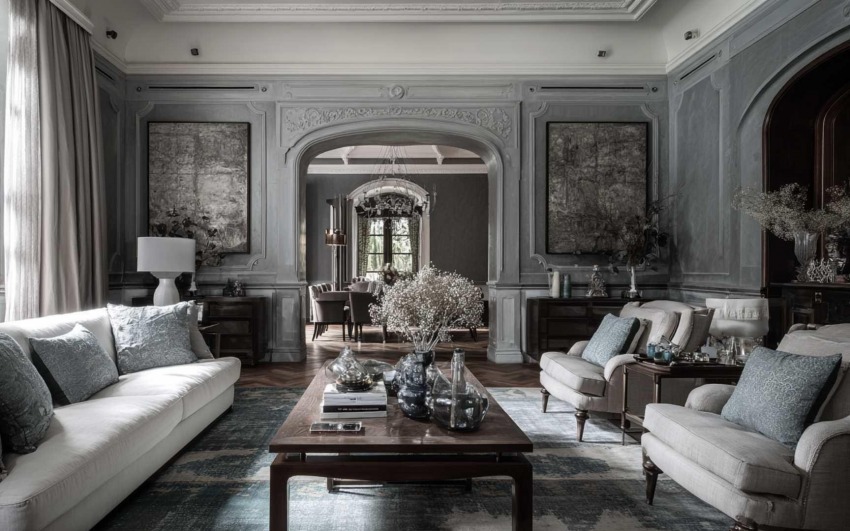
_c49d85500f_642.jpg)
